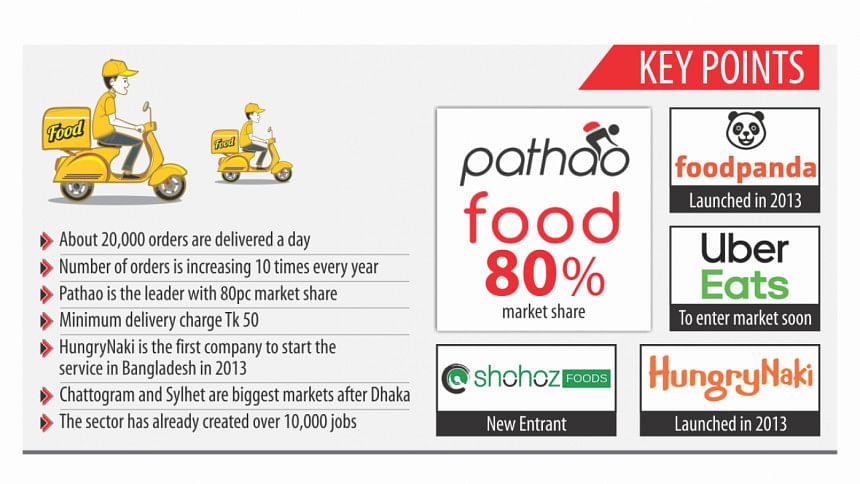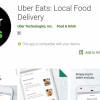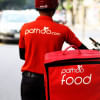Meals by mail getting popular

A culture has emerged in the capital and a few other big cities in which digital citizens avail food from reputed restaurants and home-based businesses right at the doorsteps by simply running their fingers across an app.
Facilitating such online food deliveries for the first time was HungryNaki, which launched in 2013. It allows Dhaka's residents to search and locate nearby restaurants of their choice and takes orders on their behalf. Within six months Foodpanda followed suit.
“We got over 400 percent growth last year and that helped to expand to other cities where we also expect to find a positive response,” said its senior marketing executive, Syed Shakil Islam.
It now operates in Chattogram, Sylhet and Narayanganj, appointing over 1,500 delivery personnel in total. Islam says their expansion plan continues.
So it comes to no surprise that leading ridesharing companies of the last three years are now expanding into this food delivery business using the same expertise. Insiders say they are growing faster than traditional e-commerce.
Testament to this is Pathao, which joined the bandwagon in October 2015. Using ample experience of moving people, it now dominates about 80 percent of the online food delivery market.
Giving a better understanding of this domination is its own estimate, that about 20,000 orders are currently delivered around Dhaka every day and it was a tenfold increase from 2018's figures.
Each delivery on an average costs Tk 50 to Tk 70, meaning delivery channels make at least Tk 10 lakh a day.
Naturally Pathao's success caught the attention of its local and global peers.
Aiming a bite at the succulent business, local ride-hailing company Shohoz officially opened their wings yesterday on running a two-month trial.
It says to have already signed up over 1,000 restaurants around Dhaka city and promises to reach 2,000 by May. Shohoz also says to have trained over 1,000 delivery personnel and equipped them with designated outfits and thermal bags. Currently covering all of Dhaka metropolitan area, it plans stepping onto Chattogram next month, promising deliveries within 40 minutes.
Not willing to be left behind global ride-hailing giant Uber is set to launch its food delivery app, Uber Eats, next month starting with Dhaka as its first city.
“There are huge opportunities in the food delivery segment and daily order numbers will cross one lakh by this year,” Hussain Elius, chief executive officer of Pathao.
People have three meals a day and within the next few years the day will come when people will no longer cook at home to save time and make life hassle-free, he said.
Elius said this disruptive business segment would change traditions as a whole and increasingly generate employment.
Maliha Quadir, founder and managing director of Shohoz, said in the overall sense Bangladesh's economy advanced a lot and people do not have time to spend behind preparing lunch and even do not want to carry it to office.
At the same time a lot of women have got engaged in the service sector, especially in the food preparation process, and this trend will give the sector a boost, she said.
Informing of attaining success in ride-sharing service in Dhaka and Chattogram for a year now, she said, “Food delivery is another important element of our overall strategy, and we are very excited to be launching this service.”

 For all latest news, follow The Daily Star's Google News channel.
For all latest news, follow The Daily Star's Google News channel. 








Comments